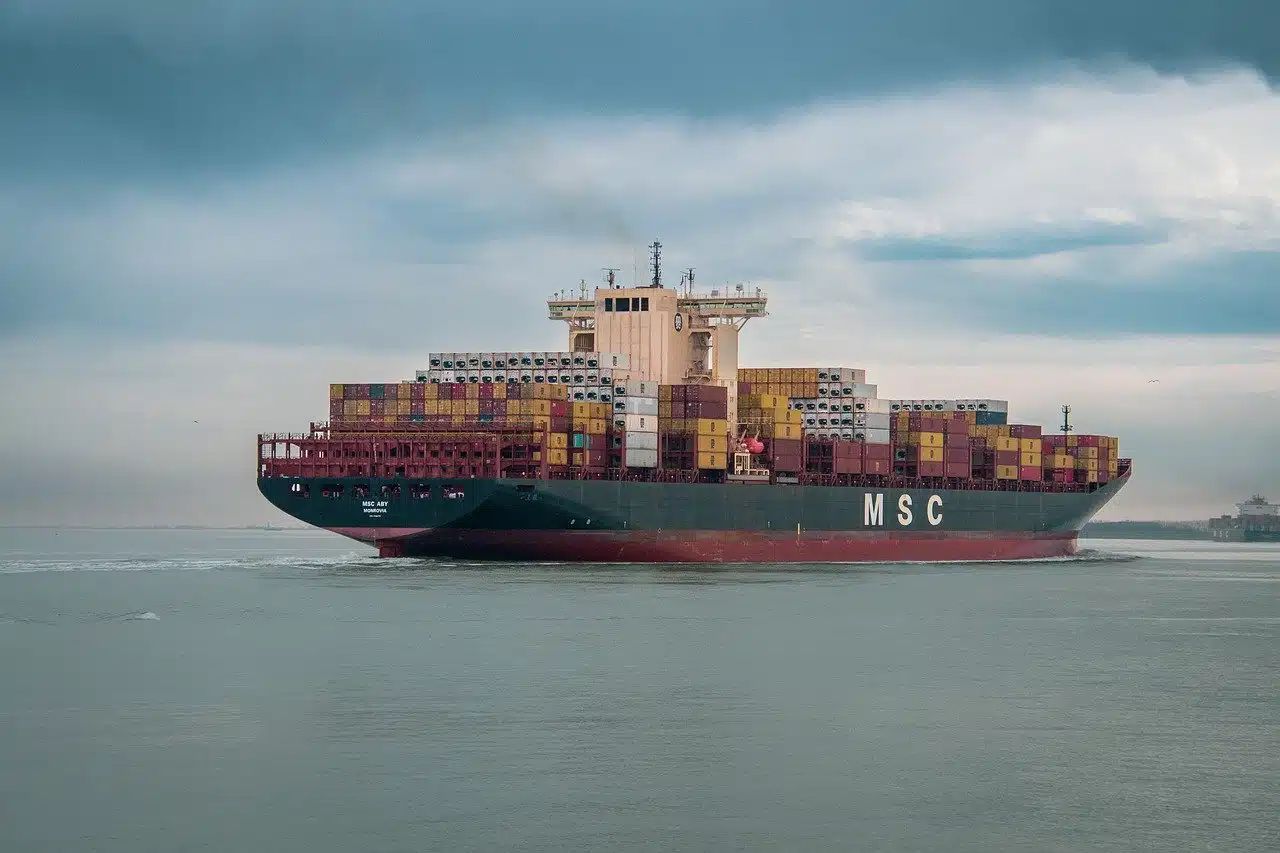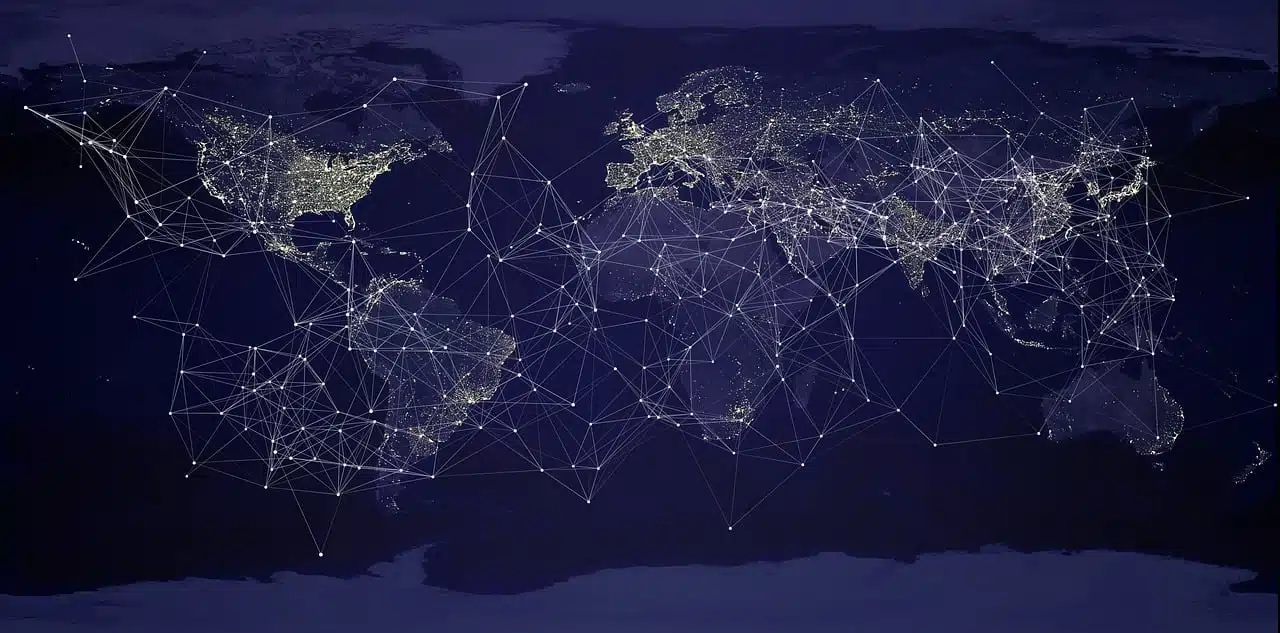
The idea of overseas refers to that which is located on the other side of the sea.
Ultramar is a place that is located on the other side of the sea , taking into account the point at which it is spoken. This means that there is no country or island that can always be classified as overseas, but rather that this name is developed according to the location of the person who is uttering the expression.
For Spain , for example, overseas are the American or Asian regions. The concept acquired a political nuance since, at the time of the Spanish Empire , the term was used to name the Spanish colonies in America, the Philippines and the islands of the Pacific Ocean . The administration and government of these territories were carried out by the Overseas Ministry .
Overseas Ministry
The creation of the Overseas Ministry took place only in 1863 , and until that time the overseas territories were subject to various forms of administration. In 1836 a reform led to the creation of ministries and the name "overseas" was adopted by the Secretary of State and Navy Office . A decade later, an eponymous General Directorate was established, which was part of several ministries until it became one in itself. The Overseas Ministry ceased to exist through the Royal Decree of April 20, 1899 , partly as a consequence of the Cuban War of Independence of the previous year.
Another Spanish institution linked to this notion was the Royal Council of Spain and Overseas , which replaced the Council of State for a time. The businesses that were dedicated to the sale of food products obtained in the American lands were known as grocery stores .

The use of the notion of overseas depends on the geographical location of the speaker.
Stores with imported products
Currently, grocery stores still exist in Spain , although they no longer distribute products obtained from America . In general, these are small and simple establishments, with a very characteristic counter and a series of instruments essential for their operation, such as a scale and a guillotine. Soup, legumes, milk and fish are some of the food items that can be obtained in a grocery store, known in some regions of America as a warehouse or colmado .
Mercadona is the name of a supermarket chain of great importance in Spanish territory; but very few know that in its origins, not so distant, it was nothing more than a simple grocery store with eight branches. Since its founder sold it to his son, Juan Roig , in 1891 , the growth of the current colossus was exponential: in just three decades it became number one nationally, with a multimillion-dollar turnover and more than 1,350 establishments.
Specifically between 1998 and 2003, the volume of its sales began to grow at an average of 25% per year, almost three times the rate considered normal in its sector. These figures become even more shocking if you take into account that they could only be compared with those of Wal-Mart , from the United States and known throughout the world.
Uses of the term ultramarine
Although the term ultramarino is not very frequent in the current vocabulary of the Spanish language, its English equivalent ( overseas ) is commonly used in that language. American athletes who play abroad perform “overseas.”
Ultramarine blue , finally, is powdered lapis lazuli (a jewelry gem) used as a color in painting. It is also the indigo paste and coloring matter that is manufactured from the mixture of iron sulfate, clay and sodium disulfide. It is common for this mixture to be used to replace powdered lapis lazuli.
